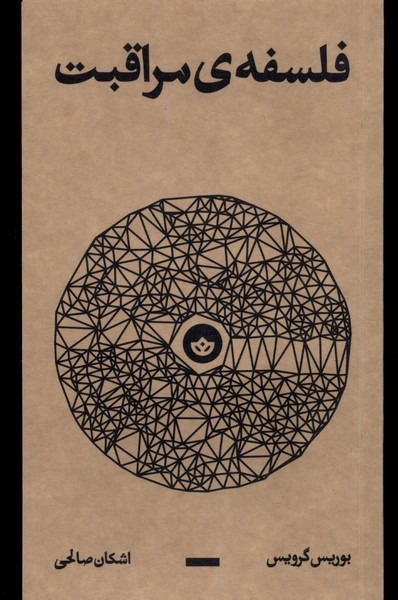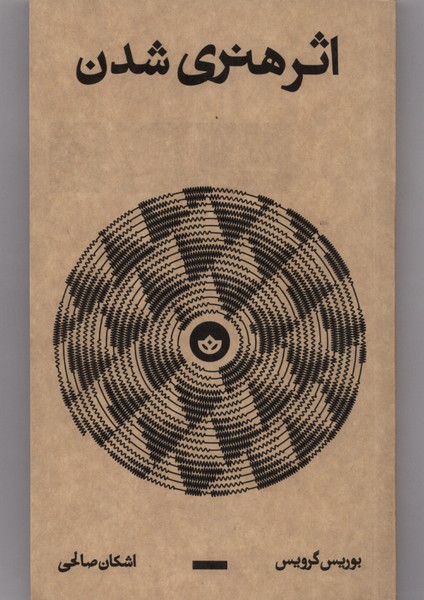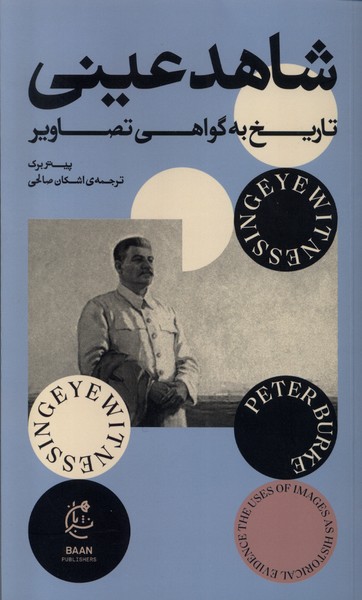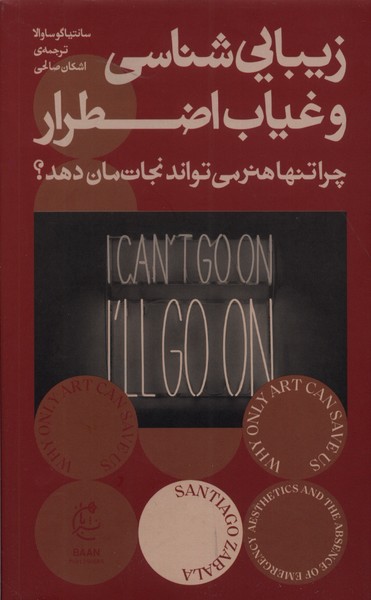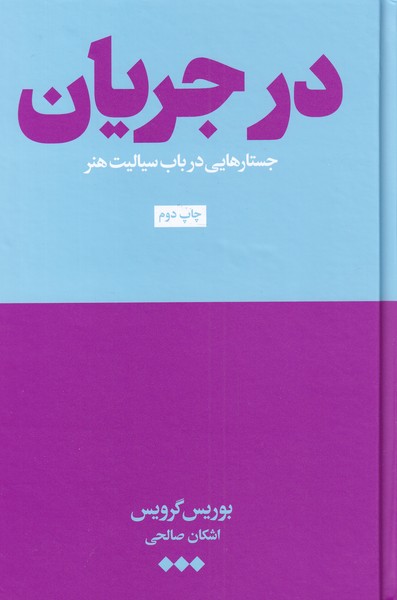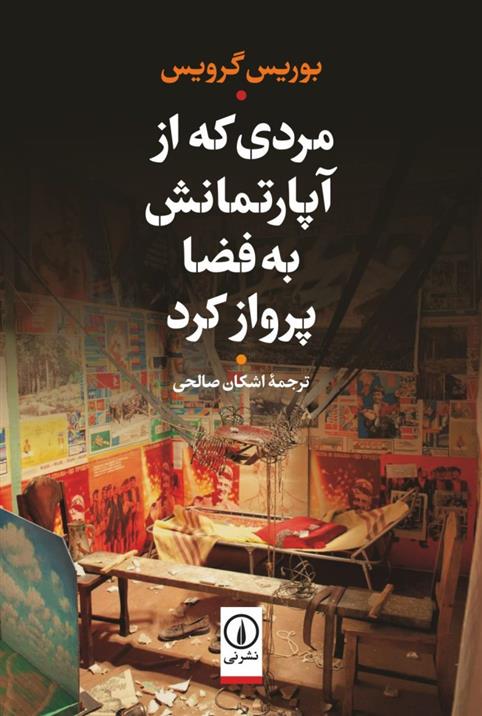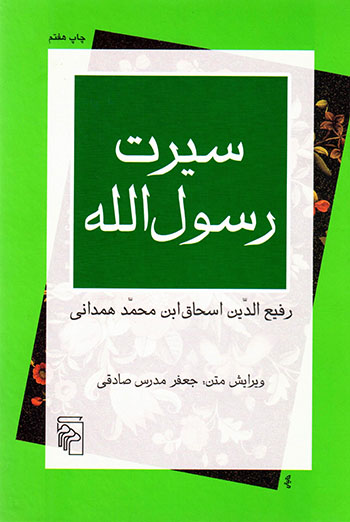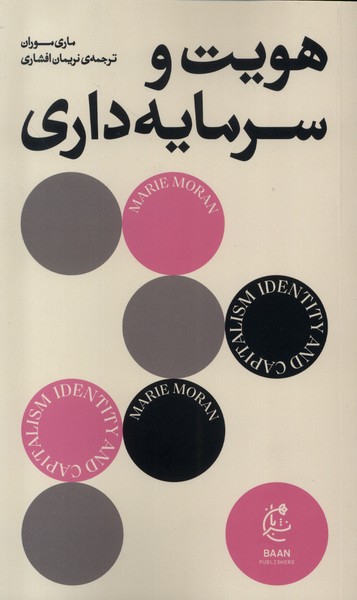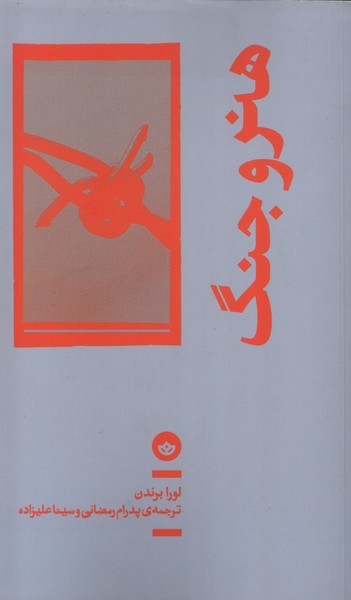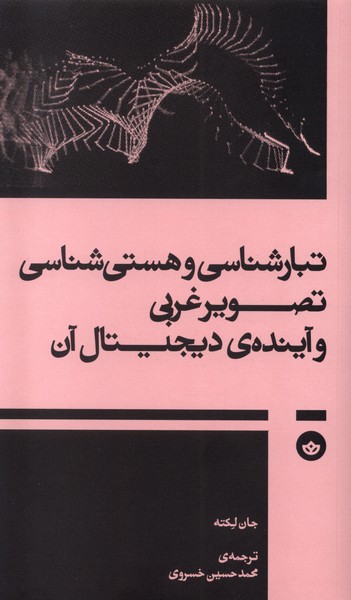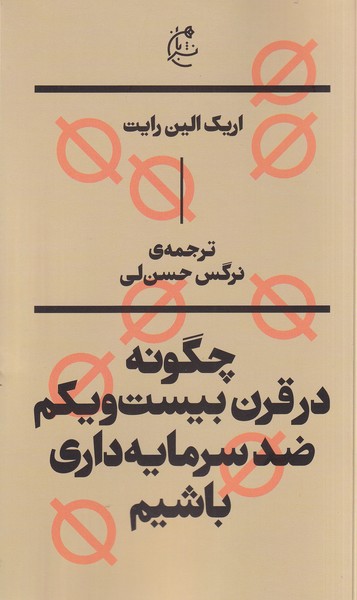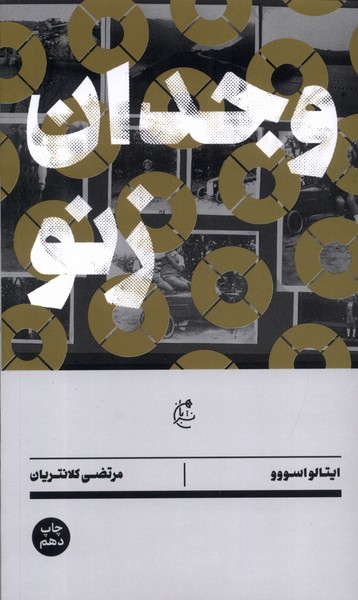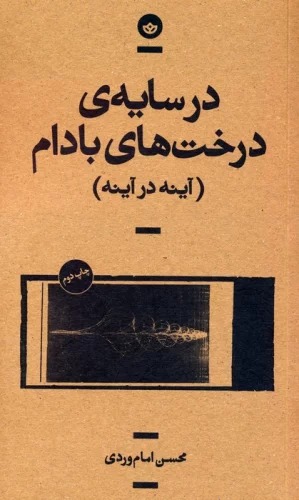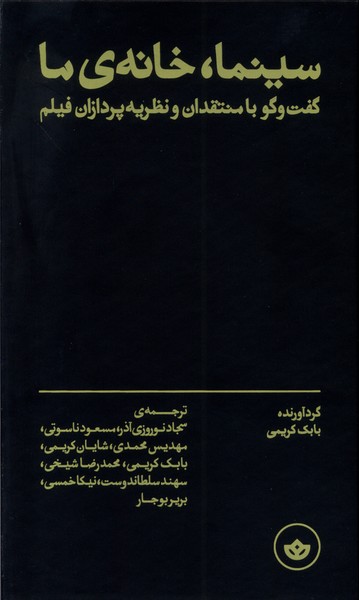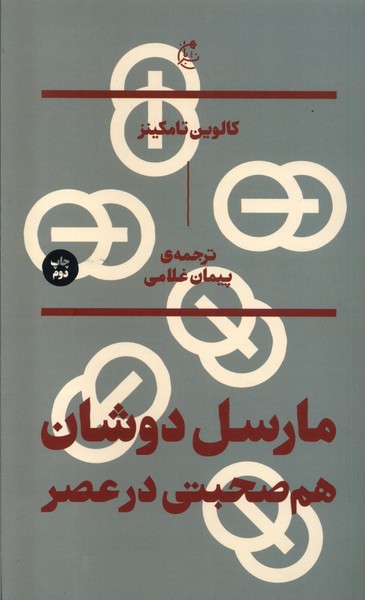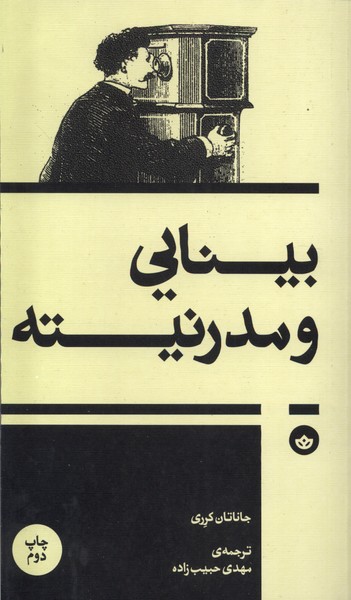فلسفهی مراقبت الفارسية 1445
Falsafah-yi Murāqibat
20٫19 $
مشاركة
Wishlist
العنوان الأصلي:
Philosophy of Care
ISBN رقم:
9786226414920
المترجم:
Ashkān Ṣāliḥī
الناشر:
Nashr-i Baan
الفئة العمرية:
البالغون
الصفحات:
160
الوزن:
100 g
أبعاد المنتج:
11 x 20 x 1٫4 cm
غلاف الكتاب:
غلاف ورقی
Retracing the philosophical discussions around care
The ideology of creativity dominates our current culture. One is supposed to create the new and not to care about the things as they are. This ideology legitimizes the domination of the "creative class" over the rest of the population predominantly occupied by care - medical care, child care, agriculture, industrial maintenance, and so on. We have a responsibility to care for our bodies, but here again, our culture tends to thematize the bodies of desire and ignore the bodies of care - ill bodies in need of self-care and social care.
However, the discussion of care has a long philosophical tradition. The book retraces some episodes of this tradition - beginning with Plato and ending with Alexander Bogdanov through Hegel, Heidegger, Bataille, and many others. The central question discussed is: who should be the subject of care? Should I care for myself or trust others, the system, and the institutions? Here, self-care becomes a revolutionary principle that confronts the individual with the dominating mechanisms of control.
more
بررسی مجدد بحث های فلسفی پیرامون مراقبت
فرهنگ کنونی ما تحت سلطه ایدئولوژی خلاقیت است. قرار است آدم چیزهای جدید را خلق کند و به چیزها آنطور که هستند اهمیت ندهد. این ایدئولوژی تسلط «طبقه خلاق» را بر بقیه جمعیتی که عمدتاً توسط اشکال مراقبت - مراقبت های پزشکی، مراقبت از کودکان، کشاورزی، نگهداری صنعتی و غیره اشغال می شود، مشروعیت می بخشد. ما موظفیم از بدن خود مراقبت کنیم، اما در اینجا نیز فرهنگ ما تمایل دارد که بدن های میل را موضوعیت بخشد و بدن های مراقبت را نادیده بگیرد - بدن های بیمار که نیاز به مراقبت از خود و مراقبت اجتماعی دارند.
اما بحث مراقبت یک سنت فلسفی طولانی دارد. این کتاب برخی از قسمتهای این سنت را بازبینی میکند - که از افلاطون شروع میشود و با الکساندر بوگدانوف تا هگل، هایدگر، باتای و بسیاری دیگر به پایان میرسد. سوال اصلی مورد بحث این است: چه کسی باید تحت مراقبت باشد؟ آیا باید به فکر خودم باشم یا به دیگران، سیستم، نهادها اعتماد کنم؟ در اینجا مفهوم خودمراقبتی به یک اصل انقلابی تبدیل می شود که فرد را با مکانیسم های غالب کنترل مواجه می کند.
more

